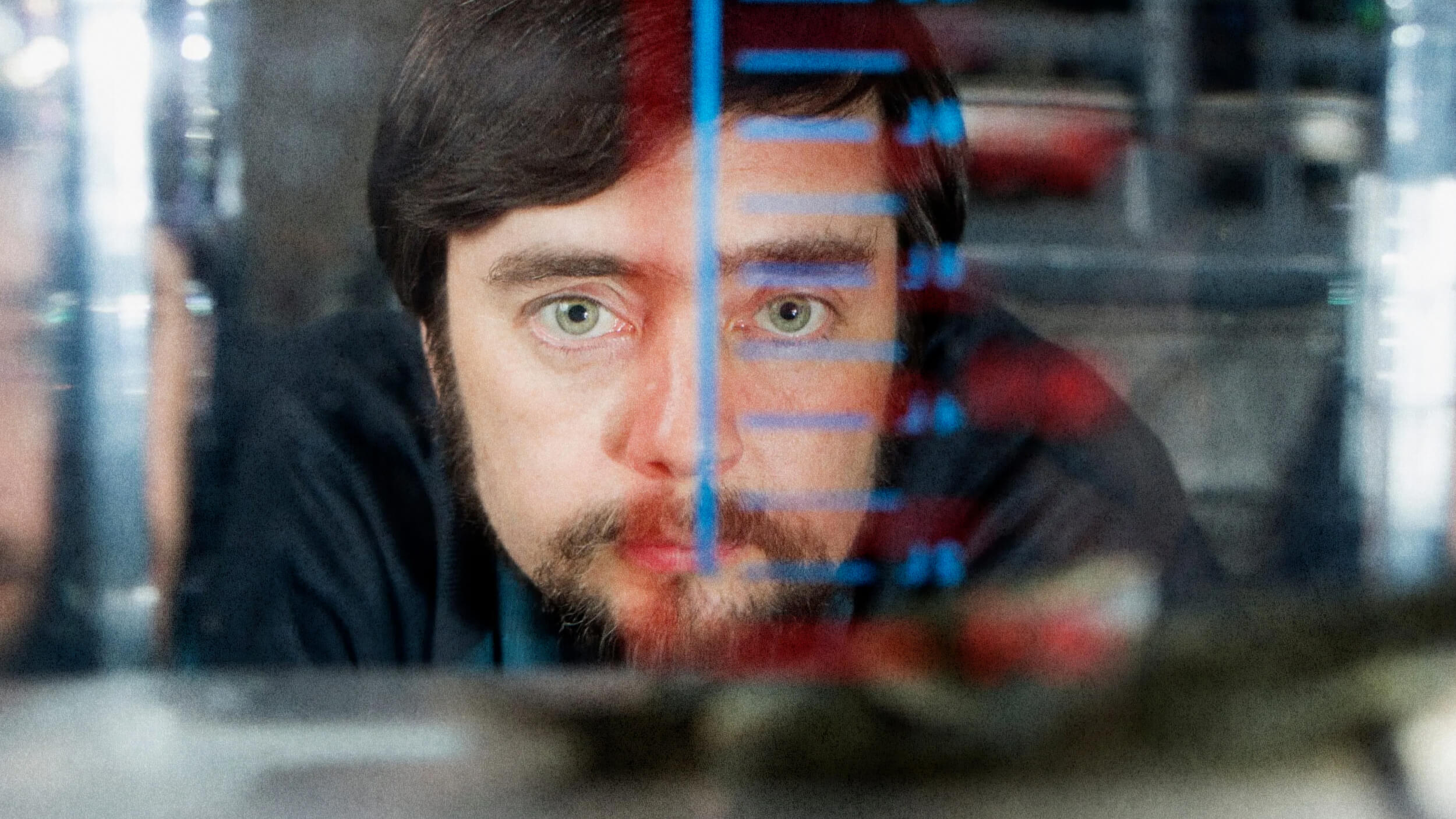Sign up for the Smarter Faster newsletter
A weekly newsletter featuring the biggest ideas from the smartest people
Aided by best-selling psychology books of the last decade, such as Bessel van der Kolk’s The Body Keeps the Score, discussions about trauma and how to deal with it have entered popular public discourse. From police departments to school classrooms, trauma-informed approaches have taken center stage.
But leading neuroscientist Lisa Feldman Barrett challenges the popular notion that trauma resides solely in the body. She asserts that trauma is rooted in the brain’s predictions and the construction of our experiences. When an adverse experience becomes traumatic, the brain heavily weighs and anticipates that experience in its future predictions. This ongoing prediction and re-experiencing of the traumatic event strengthens the neural connections associated with it, making the predictions more likely to occur in the future.
Rather than focusing on the body as the site of healing, she suggests that changing the brain’s models of prediction is what needs to be addressed to break free from the cycle of trauma. By understanding the role of predictions and the brain’s plasticity, Feldman Barrett offers hope for transforming traumatic experiences and finding new, lasting paths to healing.
Lisa Feldman Barrett: We have a lot of words for unpleasant experiences: We can call it negative mood, we can call it stress, we can call it trauma. All of these words have something in common, and what they have in common is they all refer to events that are really metabolically expensive. Trauma: it's an experience that is constructed like any other experience is constructed. But that doesn't trivialize it. That just shows you the real power of predictions in the economy of your everyday life.
What's happening when an adverse experience becomes traumatic: The brain is weighting that experience very heavily in its future predictions. From a metabolic standpoint, it's always better to predict and correct, than it is to react. The traumatic event is re-experienced again and again and again, which only strengthens those connections, and only makes those predictions more likely in the future. And the reason why a brain would do this is to avoid missing a threat. The brain is building a model of the world as a threatening place, and it's constantly preparing the body to deal with that over and over and over again. And then the brain continues to make those predictions, continues to model that world, and hasn't updated itself.
This idea that trauma lives in your body or that your body somehow carries with it, the mark of trauma. It's based on this idea that you have this animalistic part of a brain and that this somehow leads to adversity, trauma, marking your body, and you feeling the consequences of the trauma in your body — and then treatments are designed to remove those marks from your body. And it turns out that many of the treatments that I'm familiar with actually do show really good evidence of working, but they don't work because you have a cockroach brain or a lizard brain, and they don't work because trauma is marking your body, and your body is the scorecard.
Your experience of your body is actually constructed and experienced in your brain. Your body isn't what needs to be healed. What needs to change is your brain's predictions because those predictions are what construct your experience of your body in the world, and you have to find a way to break that cycle. You are not trapped in traumatic predictions. It is possible to change with a number of different methods. The kind of dominant treatments for trauma like yoga, the use of psychedelics, and sometimes, dance therapy, or something embodied, like theater — those are all really good ways of altering your predictions.
Partly what you're doing is creating new experiences for yourself to flesh out and make more flexible your brain's ability to predict differently in the future. You could describe the brain as a scientist, you know, a scientist with a hypothesis — that's what a set of predictions are. It's a belief, a guess about what sensations are about to happen, and why they happen. That's where those emotions come from. And so like a good scientist, you could test and see which hypothesis is the correct one.
That is something that, when you're recovering from trauma, it's really important to do because the arousal that you might feel might have something to do with your uncertainty about which category is the right one. And the only way to figure that out is to get more information. Some people might be concerned that what I'm saying is that trauma is in your head, and I am saying trauma is in your head, but everything is in your head. Every beautiful sunset that you see, every hug that you feel, every delicious drink that you have: everything is in your head.
It is possible to recover from trauma. That doesn't mean that traumatic memories won't rear their ugly heads at some time in the future but they don't have to dominate your brain's predictions. And the fact that you have some control over how to manage that content is a gift.






